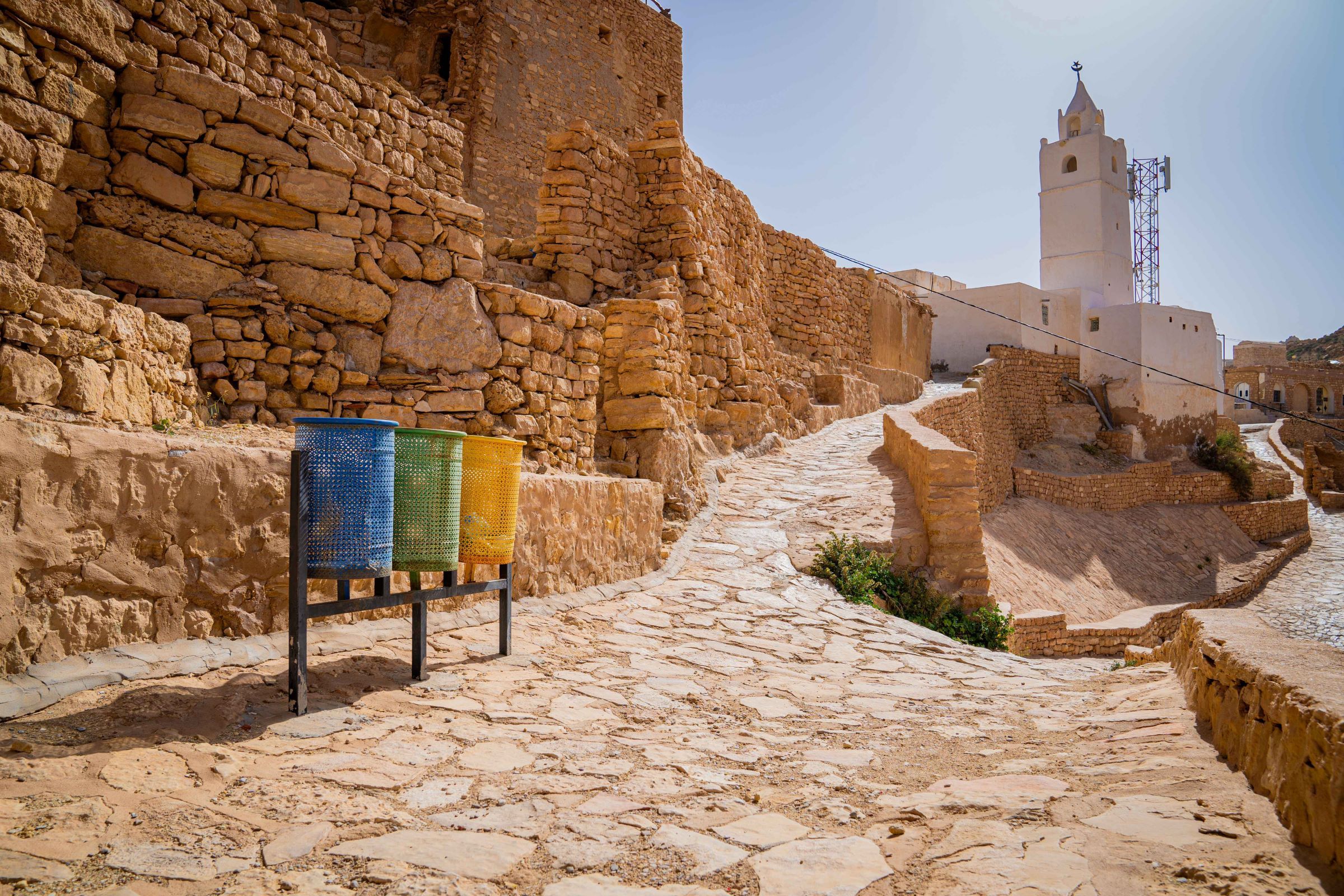Tunisia
Tunisia is a priority country for SECO's economic cooperation and development efforts. Amid its democratic transition under President Kais Saied, Tunisia faces economic, social, and environmental challenges. Switzerland's 2025-2028 cooperation program focuses on sustainable economic growth through reforms that enhance the business environment, promote digital and green transitions, and improve employment opportunities for women and youth. The program also emphasizes social inclusion by improving access to public services, strengthening social cohesion, and addressing migration challenges through economic stability and opportunities for vulnerable populations, contributing to Tunisia’s long-term stability and prosperity.
Supporting the country’s prosperity and stability
In the face of national and international fragility, Tunisia’s government needs to prioritise immediate financial commitments, in turn affecting the country's long-term growth potential and social assets. Switzerland’s engagement in Tunisia aims to address both immediate needs and the necessity for long-term structural reforms. Key areas of focus include territorial development led by municipalities, essential macroeconomic reforms for sustainable public finances, and addressing migration through support for regular migration practices like circular migration. Additionally, the program will tackle climate change through water-related projects and promote inclusive education for vulnerable populations, including migrants. By taking a holistic and integrated approach, this strategy sets Tunisia on a path toward long-term prosperity and greater stability.
Aligned with Tunisia’s Vision 2035 and the 2023-2025 Development Plan, Switzerland’s 2025-2028 cooperation program seeks to foster economic and social development while addressing key challenges such as climate change, migration, and governance. The program emphasizes sustainable economic growth through reforms that improve Tunisia’s business environment, support the digital and green transitions, and enhance employment opportunities, especially for women and youth. On the social front, the program focuses on improving public service access and promoting social cohesion.
SECO, the Swiss Agency for Development and Cooperation (SDC) and the State Secretariat for Migration (SEM) jointly define and implement the Swiss cooperation programme in Tunisia. This integrated and programmatic approach fosters collaboration across sectors and regions, aiming to contribute significantly to Tunisia’s prosperity and stability in the years ahead.
Therein, SECO’s focus lies on:
Tunisia holds strategic importance for Switzerland through its economic relations, development cooperation, and cultural exchanges. Its geographical proximity to Europe makes it a key partner, facilitating trade and the mobility of people. At the same time, Tunisia faces challenges related to migration, climate change, and good governance, where Switzerland can make a significant contribution. This context necessitates a balanced approach to promote integration while maintaining harmonious bilateral relations. Together, these elements foster stability and cooperation in the region.


